While it might be tempting to grab a bag of Woolworths coffee beans during your routine supermarket run, there are several reasons why this might not be the best choice for your morning coffee. Let's delve into why you should reconsider buying coffee beans from a supermarket and explore alternative options that can elevate your coffee experience.
1. The limited variety
One of the most significant drawbacks of purchasing coffee beans from a supermarket is the limited variety available. Specialty coffee shops and online retailers often boast a diverse selection of beans sourced from different regions worldwide, each offering unique flavor profiles and roasting styles.
At Dancing Goat, for example, we look after … *counts* … 16 beans from around the world (at the moment). In contrast, supermarkets typically offer a more homogenous selection, limiting your exploration of the rich tapestry of coffee flavours.
Plus, Coles coffee beans, for example, are usually blends (a mix of two or more different beans) for a reason – it’s cheaper and you can include REAL cheap beans like Robusta in the blend. I dunno, that screams commodity over quality to me.
2. Freshness matters
Freshness is paramount when it comes to coffee beans. The moment coffee is roasted, it begins to lose its flavour and aroma. In fact, you want to be consuming from three days to three weeks after roast for the absolute best result.
Unfortunately, ALDI supermarket coffee beans (among others) may languish on shelves (and warehouses) for extended periods, gradually deteriorating in quality. Specialty coffee retailers prioritize freshness, often providing beans that are roasted to order or clearly labelled with the roast date, ensuring that you experience the full spectrum of flavours as they were intended at roasting with every brew.
And don’t even think about buying pre-ground coffee from the supermarket.
3. Storage conditions
Proper storage is essential for preserving the quality of coffee beans. Exposure to light, air, and moisture can accelerate the staling process, resulting in lacklustre brews.
While specialty coffee shops typically adhere to strict storage practices, supermarkets may not prioritize optimal conditions for their coffee bean inventory, potentially compromising freshness and flavour. I’ve seen some packaging where the beans are visible – not smart packaging.
Ooh and what about the fancy coffee bean dispensers like in the photo above!? Don't do it!
4. Lack of transparency
Understanding the origin and roast profile of your coffee beans allows you to make informed decisions about your purchase. Unfortunately, many supermarket brands fall short in providing essential information such as roast dates, coffee varieties, and processing methods on their packaging.
This lack of transparency makes it challenging for discerning consumers to gauge the quality and freshness of the beans they're buying.
5. Quality control
Specialty coffee retailers often invest considerable effort into maintaining rigorous quality control standards throughout the coffee production process. From sourcing high-quality beans to precision roasting and packaging, these establishments prioritize excellence in every cup.
In contrast, supermarket brands may prioritize quantity over quality, potentially compromising on taste and consistency.
6. Supporting small businesses like us (shameless plug)
By choosing to purchase coffee beans from specialty shops or local roasters, you're not just buying coffee – you're supporting a community of passionate artisans dedicated to their craft.
These small businesses often prioritize ethical sourcing practices, sustainable farming methods, and fair-trade relationships, ensuring that your coffee journey contributes positively to the lives of coffee farmers and communities worldwide.
7. Value over price
While IGA coffee beans may seem like a budget-friendly option, they may not offer the best value in terms of quality and satisfaction.
Investing in higher-quality beans from specialty retailers might entail a slightly higher upfront cost, but the enhanced flavour, freshness, and overall coffee experience they deliver are well worth it in the long run.
Your daily cup of coffee deserves the best, and that often means looking beyond the supermarket shelves. By exploring alternative sources for your coffee beans, such as specialty coffee shops, online retailers, or local roasters, you open yourself up to a world of flavour, freshness, and ethical sourcing practices that can truly elevate your coffee experience.
So, the next time you're in need of coffee beans, consider venturing beyond the supermarket aisle – your taste buds will thank you.
By the way, did I miss a supermarket chain in this post?
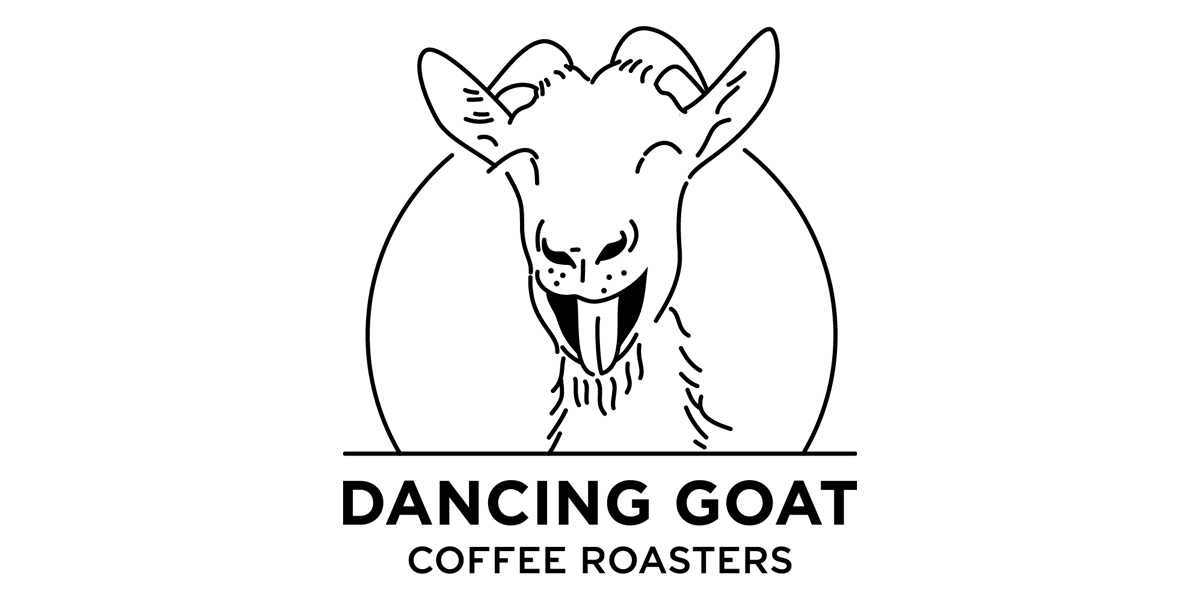
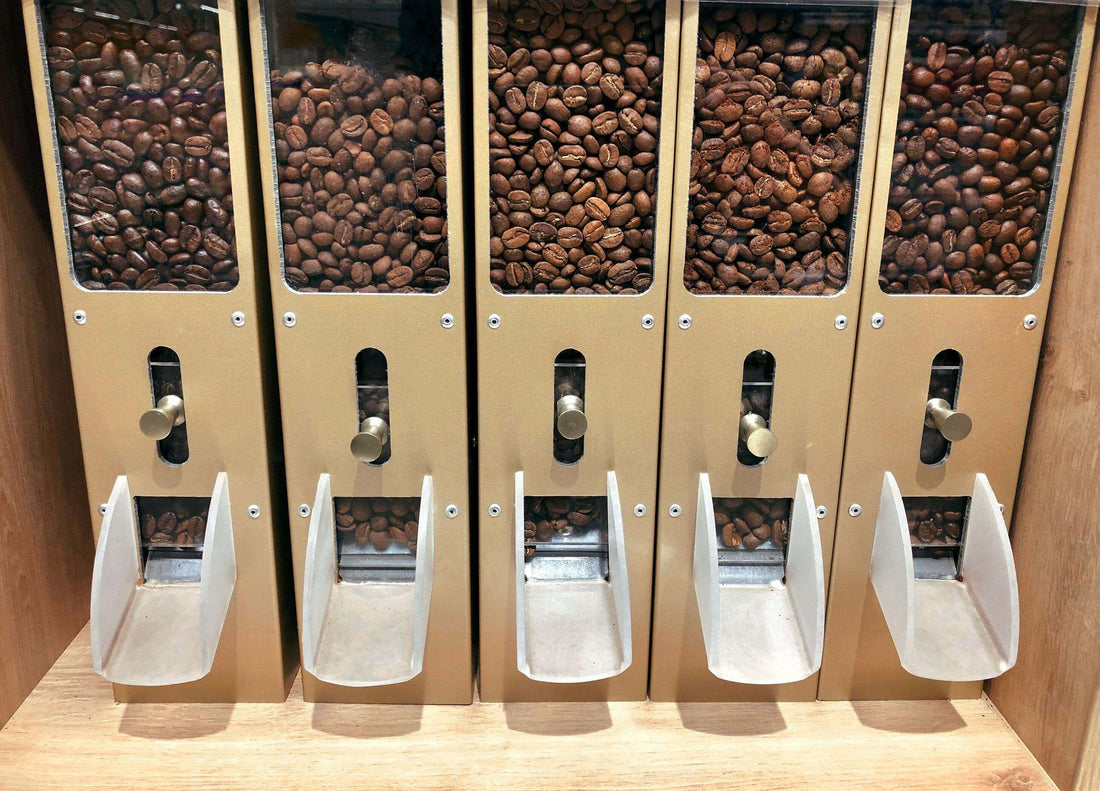

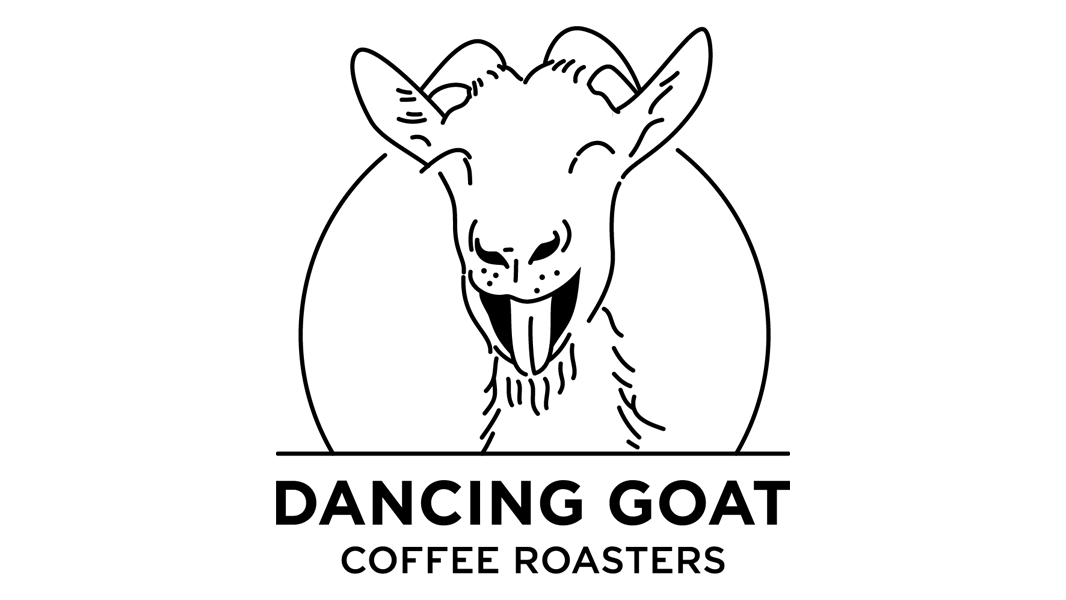
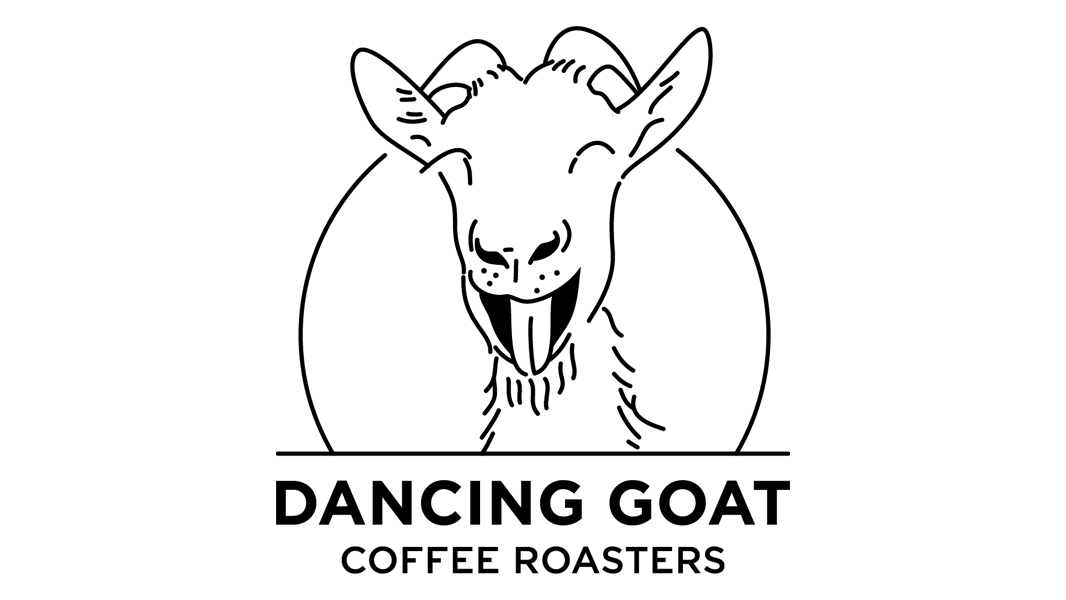
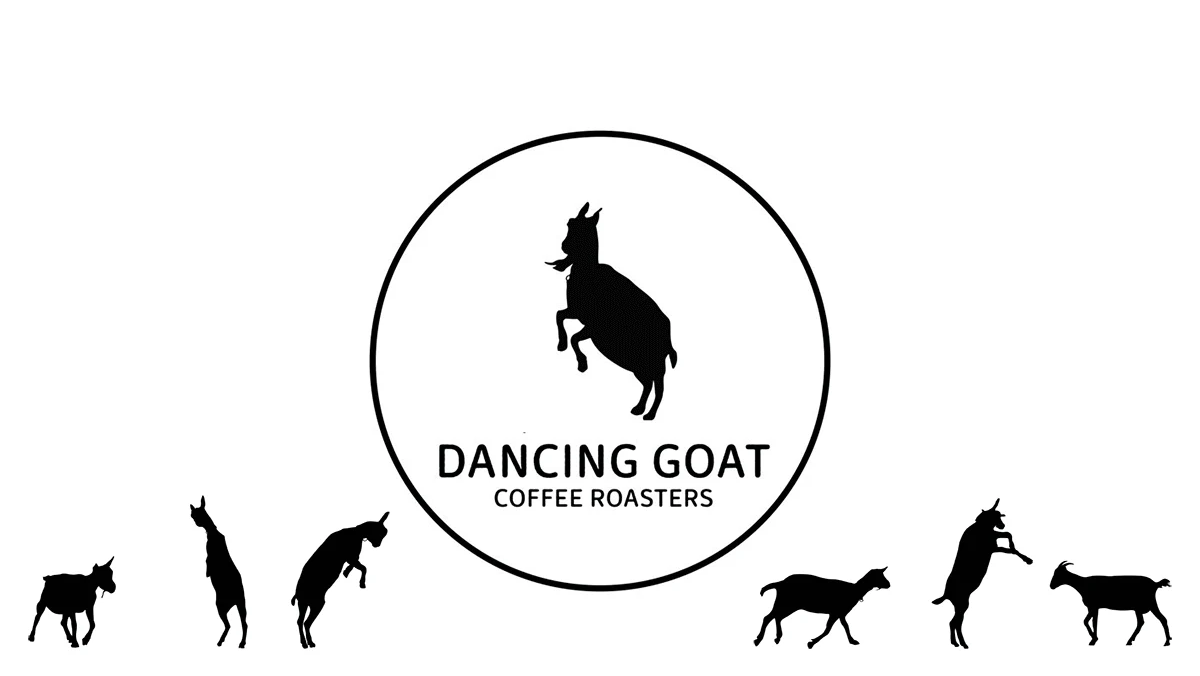
Leave A Comment